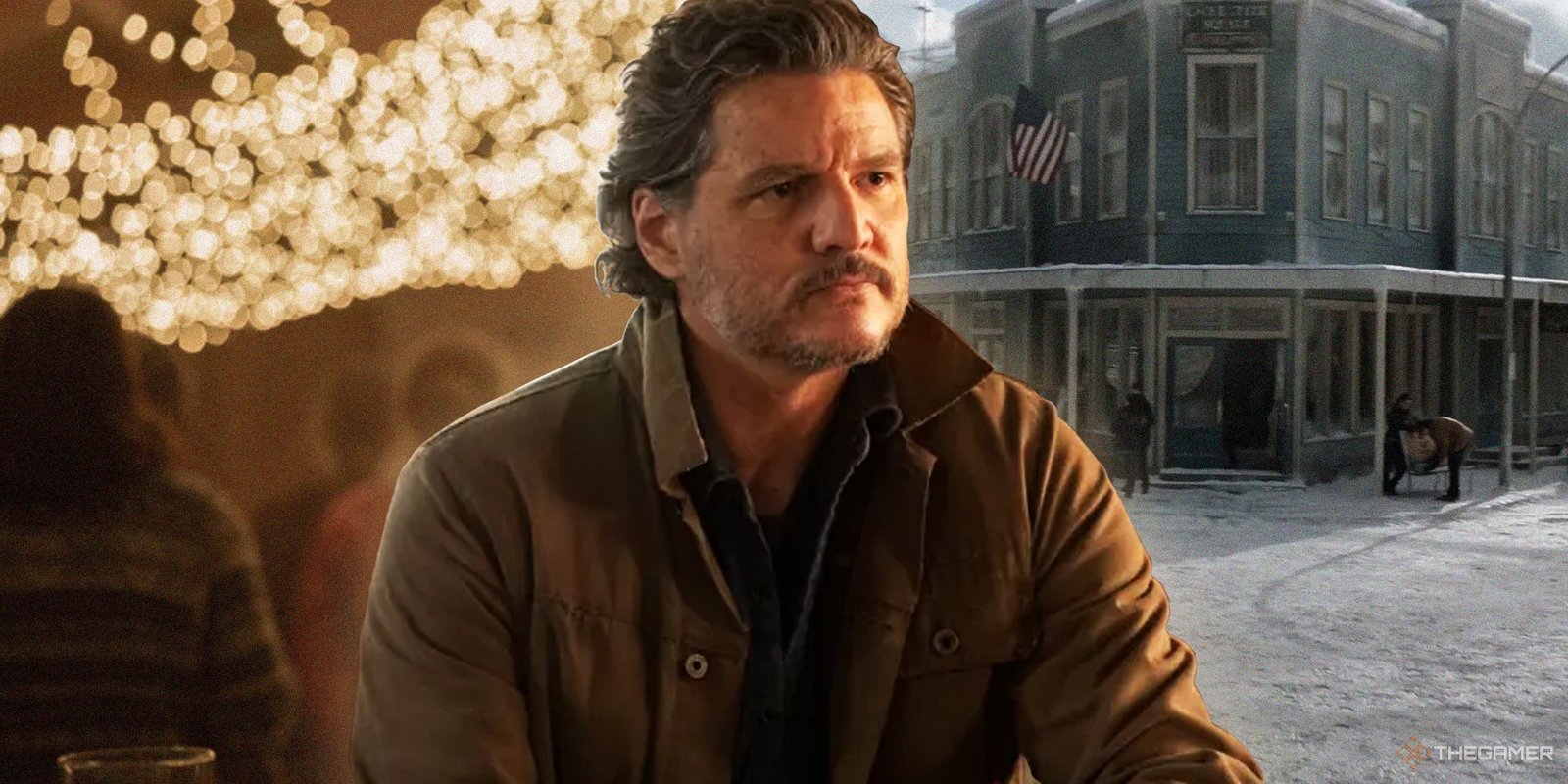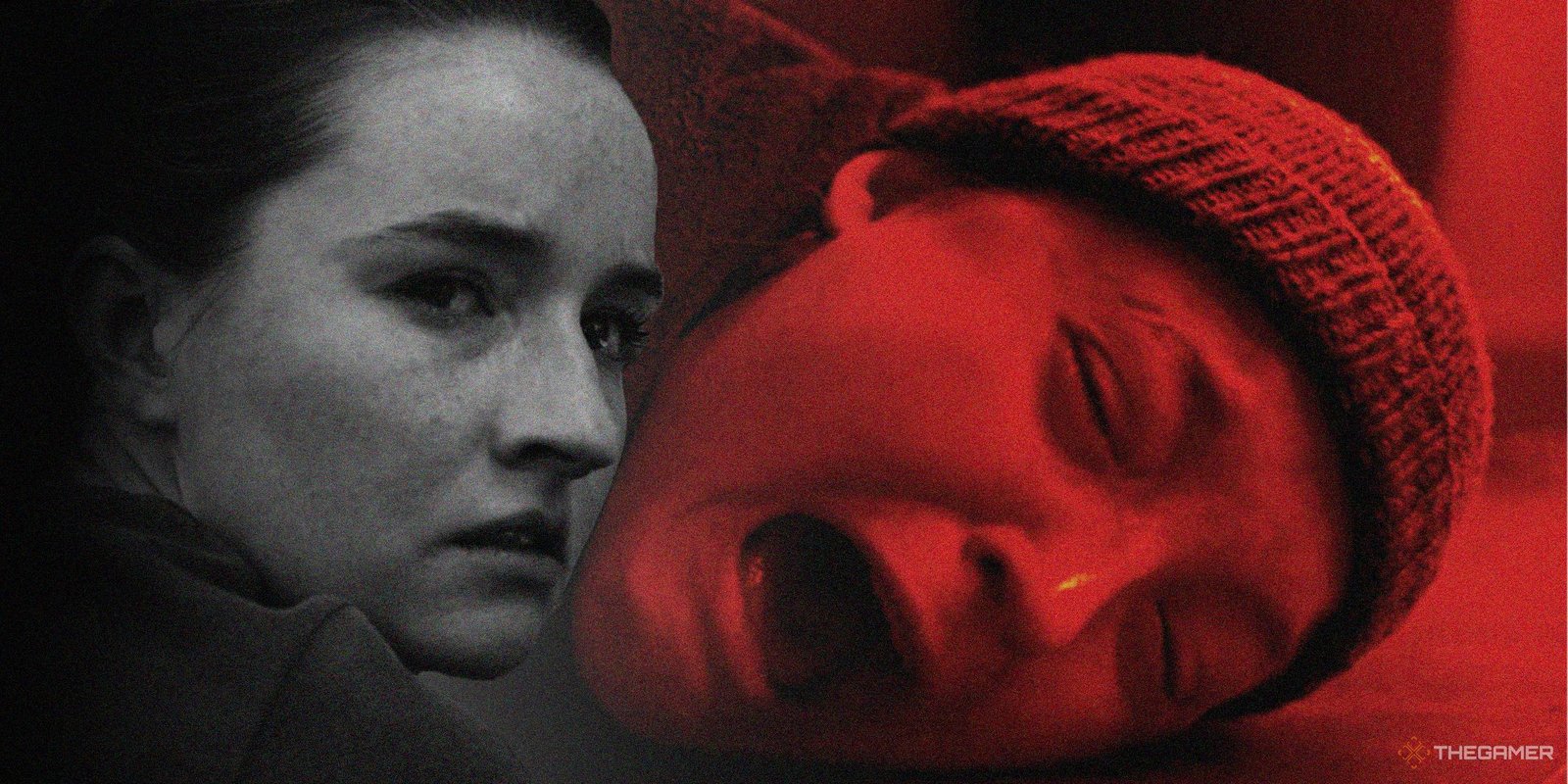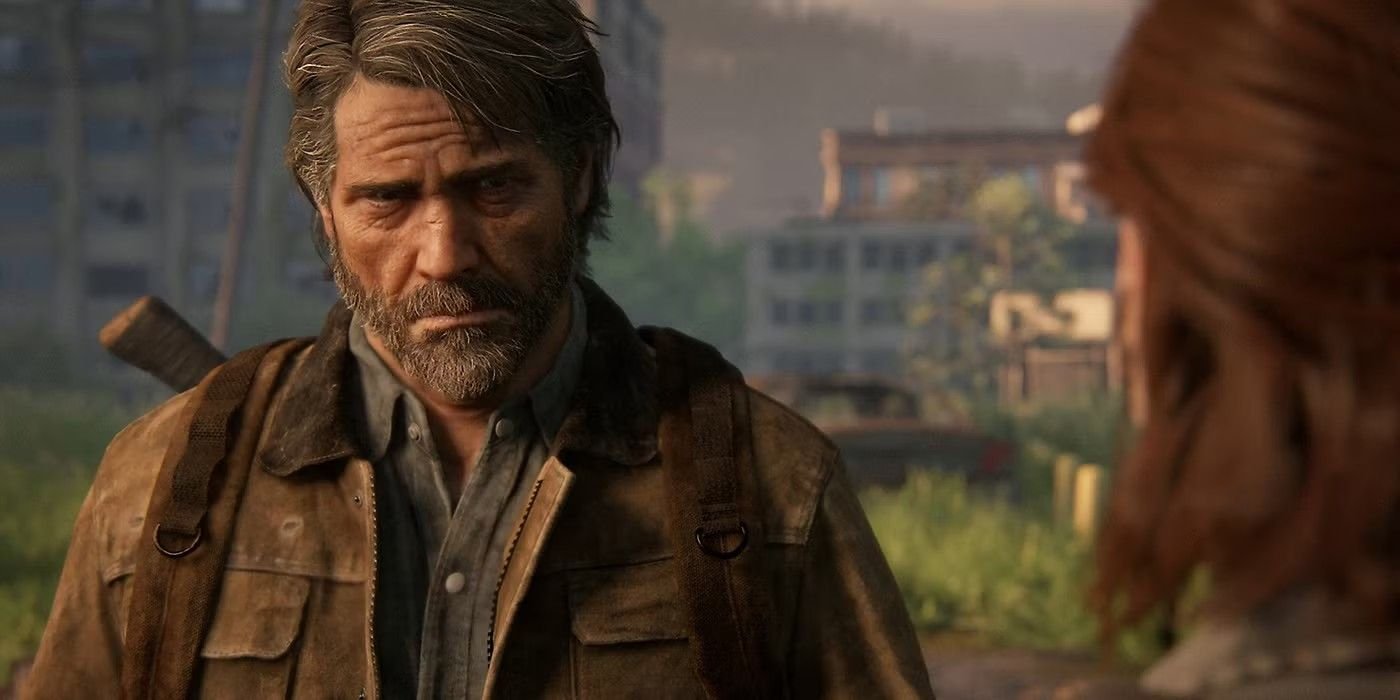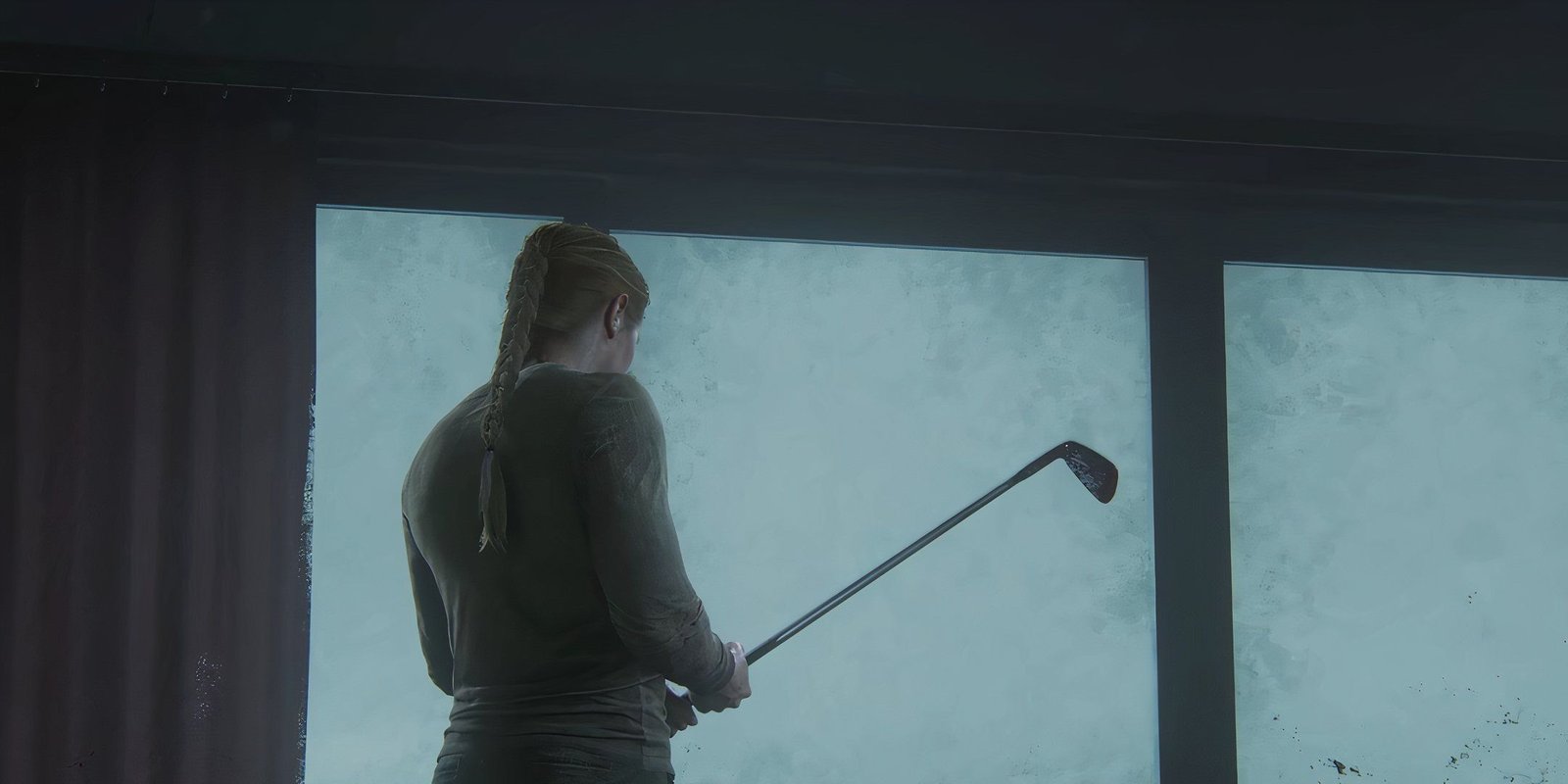The second season of HBO’s The Last of Us was always going to be a tougher sell than the first. The Last of Us Part 2 was widely praised for how it used its deuteragonist format to tell its story, forcing us to play as both Ellie and her aggressor Abby so we formed connections to both characters and saw them as equal players in the overarching narrative.
But, of course, HBO is making a TV show, and different mediums call for different methods. The show has had to restructure the sequel’s storytelling out, both out of necessity and to improve on the source material. It removed scenes and added others, reshuffling characters, introducing new ones, and changing stories and arcs at a consistent rate. It’s an adaptation, not a retelling. Things were bound to change, for better or worse.
Spoilers for season two of HBO’s The Last of Us and The Last of Us Part 2.
Joel’s Death Should Have Been Even More Shocking
Unfortunately, the way it’s handled Abby Anderson seems to be for the worse, because it’s flubbed season two’s big inciting event – Joel’s death. The way the game plays out, we meet Abby for the first time as she wakes up in a makeshift outpost overlooking Jackson. We don’t know who she is or where she is until Owen leads her to an overlook and they see a city from afar and discuss luring someone out.
It’s unclear who she’s even pursuing until we next play as her and she’s rescued from a horde of Infected by Joel and Tommy. We know next to nothing about her, even as she’s viciously clubbing Joel to death. That’s what makes that pivotal moment so shocking and emotionally devastating, and it’s what makes the rest of the journey resonate – that violent act is expanded and unfolded over time as we learn more about Abby and the pain Joel has caused her.

Related
HBO’s The Last Of Us Needs A Spin-Off About Life In Jackson
A show to really focus on the last of them.
The show approaches this incident very differently. We’re following Abby from the very first episode, and it’s made fairly clear who she’s pursuing and what she intends to do to him. As TV Abby tortures Joel, she monologues about what he’s done to her, giving him and the audience a crystal clear understanding of why she’s doing what she’s doing, justifying her actions as much as possible. All the mystery is taken out of the event, all the questions around why she’s angry, why she’s inflicting such vicious violence on him are answered. What was senseless in the game is given sense.
Make no mistake, this hasn’t stopped audiences from being hit hard by Joel’s death. All over the internet, people who somehow remained unspoiled for the last five years are losing their minds at the grisly scene and getting very angry at Abby Anderson. After all, they just watched Pedro Pascal get his head bashed in on television.
But I think people should have been angrier at Abby Anderson, actually. The reason Joel’s death was so brutal in the game was because it was entirely unexpected. Players didn’t know that he was in danger, and nobody expected him to die in such a horribly violent way. Players were prompted to hate Abby, to see her as a villain, and then forced to empathise with her as we saw the rest of her story unfold.
Trying To Make Abby Sympathetic Made The Show Worse
There’s been a lot of chatter around how the show had to be restructured precisely because it’s not a video game that can force us into a supposed antagonist’s shoes. It’s been said over and over again that audiences simply can’t empathise with Abby because we’re watching her, not playing as her.
But I don’t think this argument holds water. We control neither Ellie nor Abby. We view them through the same lens. This isn’t the game where we have to keep them safe and ensure they survive, we’re watching it unfold with no control. If we can empathise with Ellie’s at times borderline sadism, why can’t we learn to empathise with Abby over time as well?
I’ve defended HBO’s right to adapt instead of reenact before, but in this case, I think the show’s obvious attempts to make us connect with Abby before Joel’s death make it weaker. We see Abby in the first episode outside the hospital, vowing revenge on Joel. There’s the monologue she performs right before killing him. There’s the scene where young Abby walks through the halls of the hospital, and older Abby tells her not to go in – this was a particularly hard watch, knowing what she was going to see.

Related
Bella Ramsey Delivered On Acting Out The One Scene We Were All Waiting For
Emotional devastation has never felt so devastating.
It all works to make us see her as a human who’s been wronged, but it doesn’t do enough for us to not hate her for what she’s done. We’ve watched Joel and Ellie for a whole season, and Abby for a single episode. All it really did was breadcrumb that Joel was in danger so his death didn’t come as a shock to TV audiences.
As showrunner Craig Mazin said to Variety, “If people know it’s coming, they will start to feel tormented. And people who don’t know it’s coming are going to find out it’s coming, because people are going to talk about the fact that it hasn’t shown up yet. Our instinct was to make sure that when we did it, that it felt natural in the story and was not some meta-function of us wanting to upset people.”
Perhaps the showrunners were trying to head off accusations of playing up Joel’s death for shock value. Perhaps the TV medium made them feel it was necessary. Maybe the fact that the story will be told over two seasons affected this decision. But taking the shock out of Joel’s death diluted it and compromised Part 2’s excellent narrative structure.
We could have had a Red Wedding moment, a truly tragic moment of television where a beloved character was killed off with seemingly no warning. Instead, we’ve been left with a less effective story.

